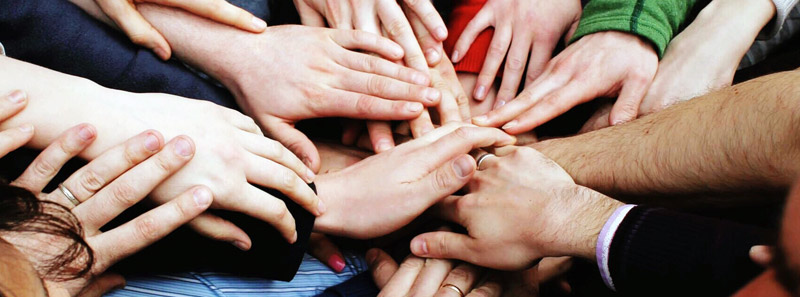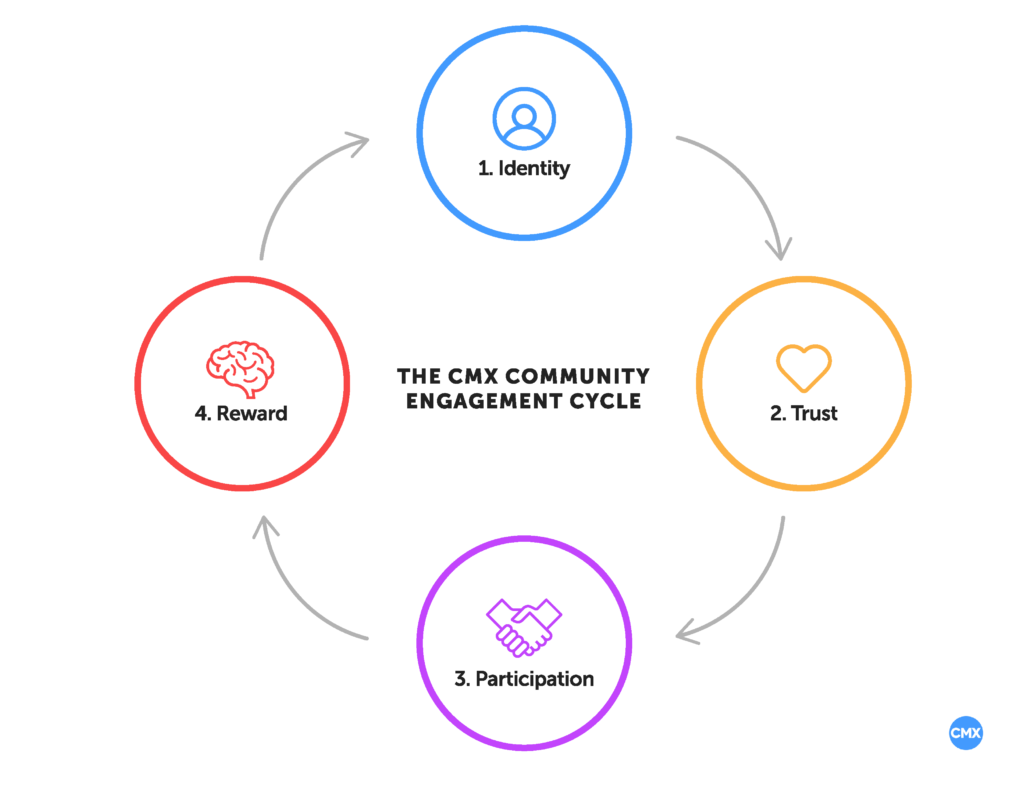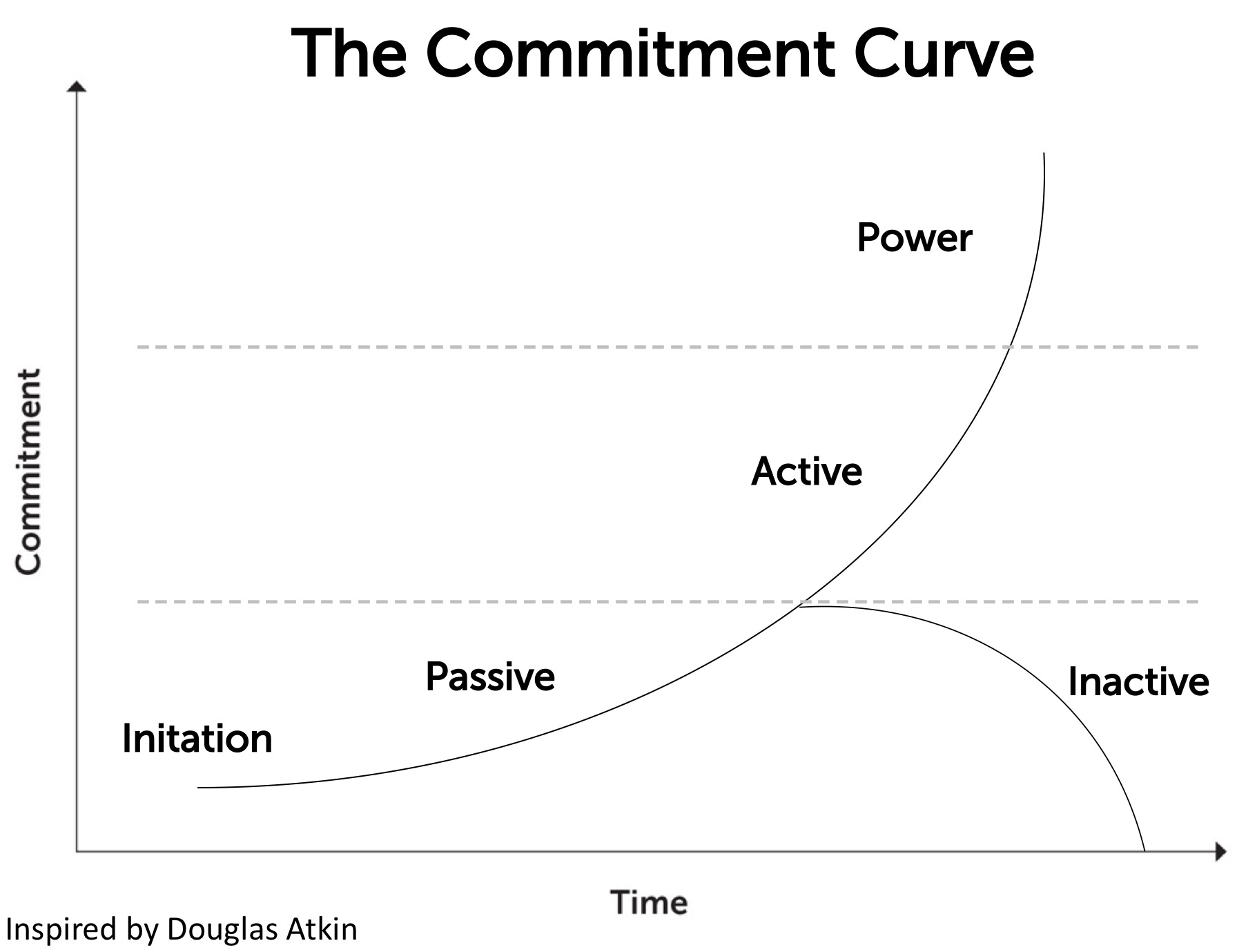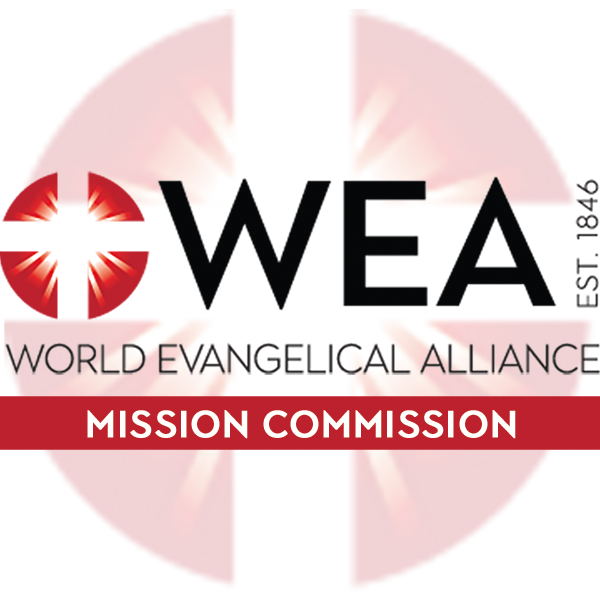MISSIONS IN A COVID CRISIS: BUILDING COMMUNITY
[15 Minute Read]
Dear fellow participants in God’s mission,
Grace and peace to you in the name of the Lord Jesus Christ.
Looking back at 2020 and how the world has been dramatically affected by COVID-19, there is one word I will take into 2021 and it is “community”. In many positive ways, community has stepped in and helped people affected by the pandemic, directly or indirectly. Believers of all sorts have been looking out for their neighbours, shared their goods, their time and even sometimes their lives. I believe, community will be even more important as we face 2021 with all the unknowns, where leaders are asked to lead into the fog. No one of us can face the pandemic on our own. We need each other in the missions community to discern the fog and lead into the future courageously.
Community is not a building, institution or an organisation. It is both a feeling and a set of relationships…
1. What Is Community?
Community, according to various definitions, it is a group of men and women who lead a common life according to a rule where members share common cultural and historical heritage. It can be very local but also the community can be found in a nation or across nations where a group shares common characteristics or interests and perceives themselves to be distinct in some respect from the larger society within which they exist.
Community is not a building, institution or an organisation. It is both a feeling and a set of relationships that the members of the community form and maintain to meet common needs. The sense of community comes from shared experiences and shared history.
In the Biblical sense, it is a community of believers who follow Jesus. Their following has direct outcomes and impact in the wider communities the live amongst. First, they share a sense of responsibility for each other and then for the wider community they are part of.
A thriving community of believers is one where we work towards being united in mind and thought (1 Cor 1:10). Together we walk in the light and have fellowship with one another and together experience Jesus cleansing us from all sin (1 John 1:7). We bear each with other and forgive one another (Col 3:13) and carry each other’s burdens (Gal 6:2).
Prayer is an important element, and we pray for each other so that we may be healed. Especially in these COVID-19 times when so many people are struggling.
It is this community of fellow believers who out of love for one another share their means with anyone who has need. See Acts 2:44-47, where we also read that God added to their numbers daily.
Everyone is invited to participate, contributing their own skills, giftings, and resources such that, in the end, each member feels a sense of reward.
2. Engaging In Community
In my reading on community building and how to go about it best, I found two diagrams very useful and I would like to introduce them to you…
The Community Engagement Cycle starts with the identity and leads to reward. To belong to a community, you need to identify key core members who together will form the identity of the community.
The community initiator (or core group) needs to then earn the trust of the wider group and get the members to buy-in into the larger vision. This is where values play a critical role.
Everyone then is invited to participate, contributing their own skills, giftings, and resources such that, in the end, each member feels a sense of reward. They want to feel appreciated, strengthening a sense of belonging. From there, people will be encouraged to invite others into the community.
Applying this to communities of believers, our identity is based on a common foundation: Jesus Christ (1 Cor 3:11). As believers we start trusting him and each other. In our Christ-centred communities there is space to be, to believe and to belong. As discipleship develops, people will become active participants and know that they, together, are building the Kingdom of God. The rewards are many, including appreciation from our brothers and sisters, but our real reward is eternal, with Jesus reserving a place for each of us.
The second diagram, The Commitment Curve, highlights the journey of entering the community and moving from being passive, becoming more active to the point where it is possible also take on increasing responsibilities. This all happens over time.
For people to grow into greater responsibility in a growing community, and not fall off into inactivity, members of the community must keep moving through the four stages of the Community Engagement Cycle: being reminded of their identity, reinforcing trust, permitted to participate and rewarded for their contributions, which reminds them of their identity, and so on it goes.
Communities of believers need to keep people as our priority when we do missions in this new year ahead of us.
3. Why Is Community Important For Missions?
3.1 It is about people
Whatever we have done in the pandemic, and will do in 2021 and beyond, it will have direct impact on us personally and as mission partners. Foremost, it is about people.
Though Christmas looked very different for most people in 2020, it was also used as the most creative and evangelistic opportunity that some regions have seen for many years. For example, I know of situations where many churches were closed for Christmas. So, Christians got together in their communities to bring church to the people. From Christmas alleys decorated as drive throughs across a whole town in the UK, to devotions on a playground attended by people who had never entered a church in Germany, to friends inviting their 100 neighbours to attend a Christmas carol service with a 5-minute devotion held by the local neighbour and youth pastor to which 80 people came while observing appropriate physical distancing.
Christian communities in Africa and Asia collected food to distribute during Christmas, sharing God´s love among the most needy. Health workers received care packages from churches to thank them. Churches raised food packages for thousands in the UK. Some decorated advent windows each of the 24 days in December and invited all for a Christmas stroll around the town or neighbourhood. This was taken up by many people from whom it had been a very long time (if ever) since entering a church building.
Jesus is out to save people. People matter. People matter most to God. And communities of believers need to keep people as our priority when we do missions in this new year ahead of us.
3.2 It is about building God’s kingdom
The stronger a community is, the more connections it will have between each member, and the more impact it will have. As Christians engage in their local communities and build relationships, the more opportunities they will have to share and be the Gospel to people who otherwise would never hear about Jesus.
A community of believers never seeks to simply meet their own needs but is commissioned by God (Mt 28:18-20) to go into the world to be the salt and light (Mt 5:13-16) wherever they are located.
A lot of countries have reported a new open door to share the Gospel as people are asking more faith questions during this pandemic period. The vaccine is on the horizon, and people are getting vaccinated, yet the pandemic continues to shake the securities of many people. Where churches and missions agencies have creatively shared the Gospel online and offline, people have responded. Globally, we do see and hear that God is daily adding people into His Kingdom.
Though we rejoice with churches getting more clicks and views on their Sunday service stream, we rejoice even more when people decide to follow Jesus. We are not into building our own little kingdoms, but as collective communities of the body of Christ, we are his hand and feet.
If we really want to know our local communities, it is important to know who the main players are. Who are the leaders? The official and informal leaders? Where are the faith communities? What are the current needs? Where can a church make a difference? Where can churches unite together, bridge divides and bring peace?
Jesus’ first friends and disciples did exactly that. They stepped out in faith and left behind the things they were comfortable with. They became more like Jesus every day and spread the Gospel wherever they went.
Let’s become community builders like never before…
4. Lessons For The Missions Community
Let’s become uncomfortable in 2021 and share the Good News in ways we have never done before, expecting God to walk with us and reveal the power of the gospel. Let’s become community builders like never before, building communities online and offline, within and outside.
Some incredible missions conferences have taken place online in 2020 which were fantastically led, were inspiring and created community. It is possible to build a sense of community online. Churches have created some amazing events over the past few months as well, experimenting with what it means to share the Good News within an online community. Let’s be innovative and think even more out of the box, for His name’s sake. And once we can have in-house, in-person meetings again, and meet people face to face, let’s keep online activities going to reach even further.
Finally, another lesson is that community drives retention. People interested in faith will explore your community when they feel wanted and welcomed. Let’s make sure everyone is made welcome and integrated, online as well as offline.
Together, let’s make the year ahead of us count, where our communities flourish and grow in God.
Pray
- For leaders of churches, ministries and missions as they seek to build flourishing organisations by building great communities in-Christ.
- For all those who feel like they do not belong to a community such as is described above. Pray that they would find a place among fellow followers of Christ, where they are welcomed and able to contribute God’s best gifts toward the wellbeing of that community of faith in-Christ. May all Christ-followers find a communal space where they can grow into greater responsibility and positive influence for the benefit of the Kingdom of God and the public good.
- That our witness as communities of Christ-followers would radiate loving kindness and wellbeing to a world where relationships are too easily destroyed. In this way, all over the world, with our publicly manifest unity reinforcing our explanation of the gospel, we stay on mission and glorify God.





